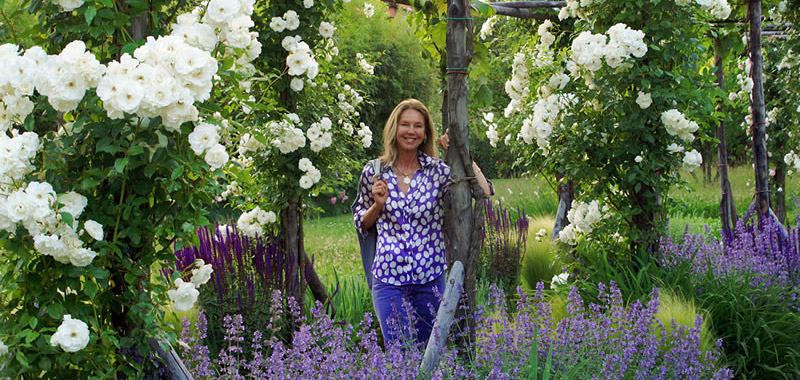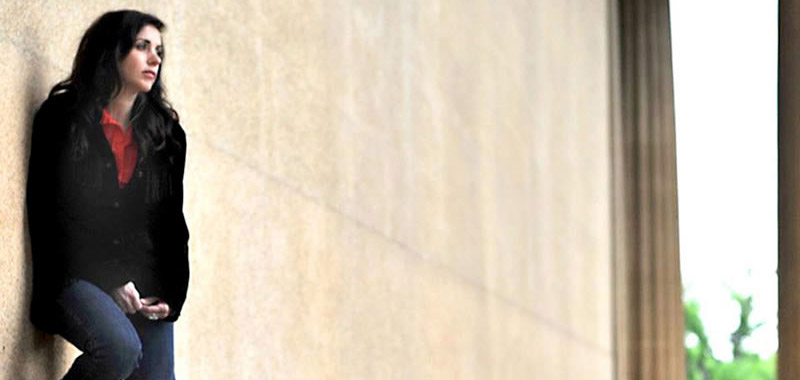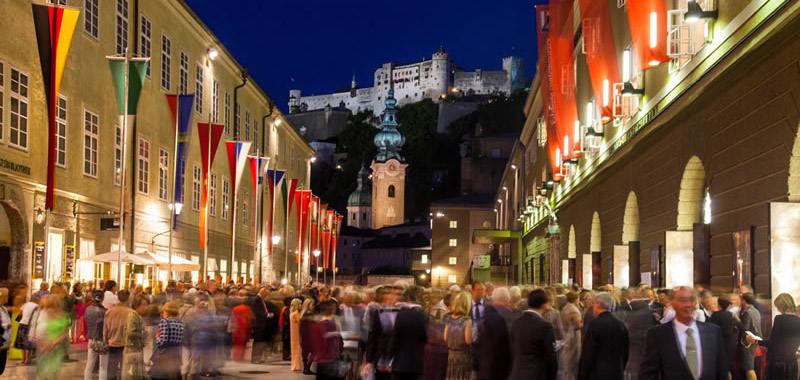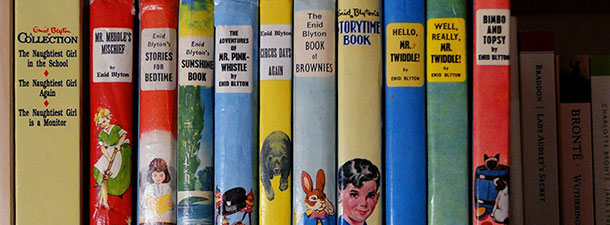
The Ambassador of Venetian Elegance
Ottobre 1, 2013
Rock Divas
Ottobre 1, 2013Anna Netrebko, Cecilia Bartoli and Helga Rabl-Stadler hold the prestigious Salzburg Festival firmly, but effortlessly in their elegant grip.
Since it was established in the summer of 1920, the world-acclaimed Salzburg Festival, held in the picturesque Austrian city from the end of July through August each year, attracts high society and the jet-set, as well as true lovers of art. After almost ninety years, it has lost none of its electric and eclectic sparkle. Founded mainly by three outstanding personalities – the dramatist Hugo von Hofmannsthal, the composer Richard Strauss and the legendary theatre director Max Reinhardt – the festival has grown from strength to strength and has always been associated with outstanding men who have shaped and formed it.
Arturo Toscanini was artistic director during the festival’s golden years from 1934 to 1937, but he resigned in protest after the annexation of Austria by Nazi Germany in 1938. Many renowned artists of Jewish descent such as Reinhardt or Georg Solti emigrated to escape the Nazi menace. In 1944, the festival was cancelled altogether by Reich Minister Joseph Goebbels. Following the end of the war, the Salzburg Festival regained its old glory, especially under the guidance of its artistic director, charismatic conductor Herbert von Karajan who completely identified himself with the city as a venue for opera, concerts and theatre at the most refined level. Since his death in 1989, the festival has been modernised by his male successors but has unobtrusively and subtly become less a playground for male egos than a serious setting for the light but steely touch of feminine hands.
This is due in no small part to the enduring and relentless work of Helga Rabl-Stadler who has presided over the festival since 1995. Though her elegance and charm are famed for tickling money out of any sponsor’s pocket to benefit her beloved festival, Rabl- Stadler’s biography belies her soft-spoken, light-hearted manner to reveal a warrior at heart. Born in 1948, she is the daughter of Gerd Bacher, arguably the most distinguished former director of state television Austria has ever had. After graduating from law school the young Rabl-Stadler became the first female journalist for domestic politics in Austria. She subsequently became member of parliament for Austria’s conservative People’s Party, along the way marrying one of the leading print editors of the country with whom she has two grown sons, and from whom she has since amicably divorced. And somewhere in between these diverse and full-time stages of her career, she led the family fashion company “Resmann” in Salzburg, which employs a staff of 70. The woman’s energy and drive are mind-blowing; she never stops, and she seems to be in a constant good mood, having – according to her own estimation – inherited a gene to acknowledge happiness. The Salzburg Festival has become associated with her name and has profited from her presence, even though (and this comes as no surprise for women in decision-making roles) she has an array of enemies who she has come to outlive. Gérard Mortier, past artistic director, for example, compared her to a dirndl-selling shop-girl (a dirndl being the traditional Austrian folk dress for women). She admits that such remarks have hurt her but they certainly have not broken her. Aside from her financial astuteness, she has the rare ability and intuition in choosing brilliant collaborators, particularly in her encouragement of women to take a larger stake within the festival. One such choice has definitely been crowned by success. The celebrated Italian mezzo-soprano Cecilia Bartoli was appointed last year as artistic director of the Whitsun Festival – an extension of the summer festival created in 1973 – a role she took over from Riccardo Muti. Though Bartoli’s nomination was decided by the artistic director, Alexander Pereira, it was fully backed and welcomed by Rabl-Stadler. Bartoli has already stamped her characteristic signature on the festival’s programme as well as performing herself in Handel’s “Giulio Cesare” last year and in the title role of Bellini’s “Norma” this year, much to the delight of a mesmerised audience. The New York Times simply called her performance a triumph.
In the traditional and conservative domain of classical music, it is customary for opera divas to take centre stage, but the pulling of strings backstage is still seen as a very male role. A strong and talented personality such as that of the 47-year-old Bartoli, who never shrinks from speaking her mind, is a fresh and more-than-welcome wind to blow away the clichés that still haunt this artistic world. It is a sign of the times and an encouraging symbolic decision of the Salzburg Festival to have dared to entrust Bartoli with this prestigious post, sparking the International Herald Tribune to remark that the Whitsun Festival has become “Bartoli’s festival”. The trust Salzburg has invested in this expressive singer, who relishes her dual role, has well and truly paid off, not only on an artistic level but – and this is essential for a festival that relies partly on private funds – also in ticket sales. Visitors and revenues have also soared every time Anna Netrebko has graced the festival with her illuminating presence since her breakthrough as Donna Anna in Mozart’s “Don Giovanni” in 2002. Under the direction of conductor Nicolas Harnoncourt, that performance has since become legendary.
To many, the Russian-born Netrebko is currently the most accomplished soprano in the world. Her voice and her looks, coupled with her remarkable talent as an actress, have catapulted her to the absolute summit of her profession. At 41, Netrebko turns heads as she walks through the old city of Salzburg, her sense of style and her contagious passion evident with every step. She is the mother of a small son, Tiago, on whom she dotes and who accompanies her on her travels. Tiago’s father, Netrebko’s partner, is fellow singer, handsome Uruguayan bass-baritone Erwin Schrott. Their relationship has been filling the press since they met and this year Salzburg was alive with gossip over their alleged split. Referred to lovingly by her fans as ‘Bellissima Anna’ or ‘Donna Anna’, she cannot be weighed down by such petty and banal banter. If nothingelse, she hasn’t the time. She made headlines together with Dmitri Hvorostovsky, the celebrated and charismatic Russian singer, at a live concert on Moscow’s Red Square this year. She performed alongside Placido Domingo in the title role of a breathtaking concert version of Verdi’s “Giovanna d’Arco” at the Salzburg Festival this August and launched a CD with works by the composer for his 200th anniversary in the same month. Instead of recording works that she has perfected, she has made it her aim to take on new challenges – works that she has never sung on stage.
The CD surprises and deeply moves; the singer’s own choice of roles is bold, including those from “Il Trovatore”, “Don Carlo”, or “Macbeth.” Anna Netrebko understandably professes her delight with the result. On stage as Giovanna d’Arco, it was palpable to the audience that Netrebko had yet again successfully reinvented herself; every nuance had been flawless and polished, from her voice and in her gestures, down to the most detailed and only just perceptible facial expression. Her characteristic and expansive voice translates the intelligence of her powerful performance. She is a hard act to follow and is in a league of her own: for Anna Netrebko, according to her own account, there had never been another option than the stage. While a student in St. Petersburg, she had been a janitor at the Mariinsky Theatre and was discovered by Valery Gergiev, who became her mentor. Her career soon took on a dynamic of its own. Her talent, ambition and hard work have carried her to stellar heights. It is neither coincidence nor an accident of fate that Anna Netrebko’s star shines especially bright in Salzburg. Though undeniably still ruled by men, a feminine touch at the core of the festival has dominated the summer venue to an ever-growing extent. Reigning women have climbed Olympus in the artistic, as well as the business domain of the event.
The festival could do worse than replace the parting director, Alexander Pereira, with a woman. Pereira has decided to cut short his term in Salzburg in favour of taking the post of artistic director of La Scala in Milan as from 2016 amid quarrels and controversies surrounding state funding of the festival.
The decision-makers in Salzburg would be well advised to contemplate appointing a woman with insight, vision and competence to the post, thereby launching a renewal process from which even a successful event such as the Salzburg Festival can profit. A woman to spearhead the festival may be seen by some as a revolutionary concept in the closed and traditional Salzburg society, known at times to be merciless towards newcomers. However, Rabl-Stadler’s term as president of the festival is due to end in 2014 should her contract not be prolonged, Pereira looks set to depart even before the end of his contract in 2016; opportunities should be seized as they present themselves. A woman at the helm of this most prestigious European festival, guiding it through the young 21st century, could and should build upon the work of pioneers such as Rabl-Stadler, Bartoli and Netrebko currently dominating this unique event.




